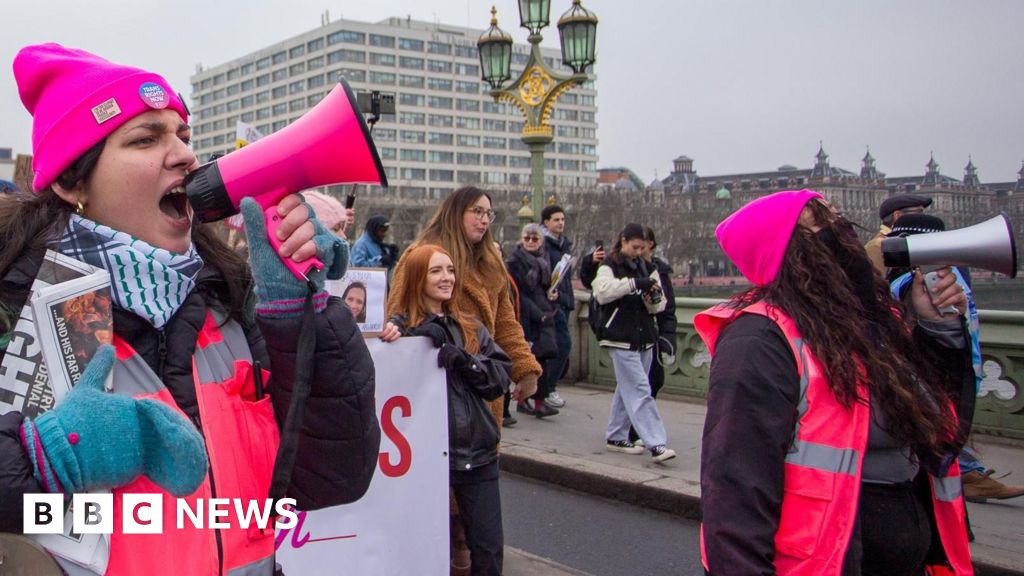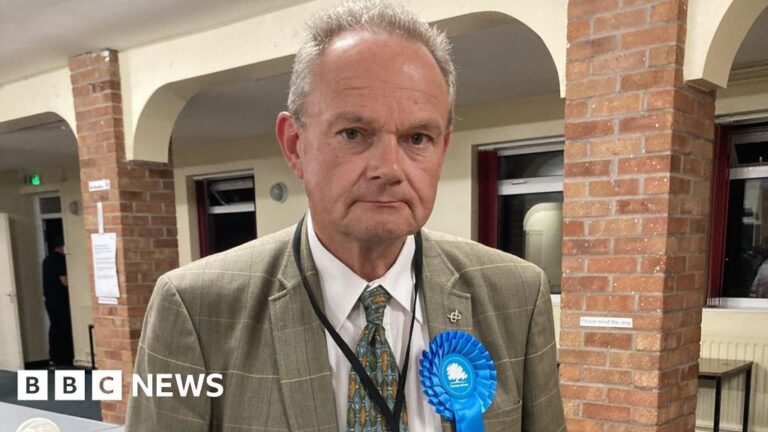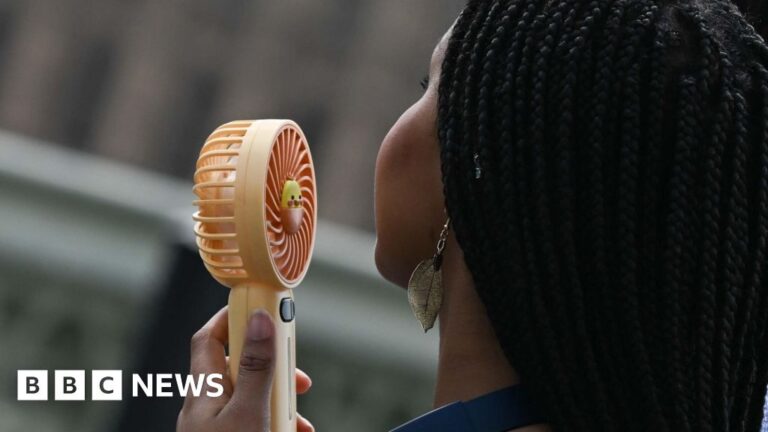A political divide appears to be opening up between young women and young men, with no one sure why. Polling suggests young men are more likely to vote on the right than their female counterparts, who increasingly tend to view the world through liberal eyes. In a 2025 survey of more than 2,000 16-to-29-year-olds, 20% of young British women said they were left wing, compared with 13% of young men. At the 2024 general election, 12% of women aged 18 to 24 voted for Reform UK or the Conservatives, compared with 22% of men in that age group. Labour was the most popular choice among both sexes, with a slight bias towards women in the youngest age groups. The Green Party polled particularly well with young women, gaining 23%, compared with 12% of 18 to 24-year-old men. Researchers have identified a clear trend, with young people feeling that the two-party Westminster system no longer delivers for them, and a gap between the sexes. Dr Ceri Fowler, a fellow in comparative politics at Oxford University, said young people are still more progressive in their attitudes compared to older generations, but when you break that down there is a divide where young men are more right wing and young women more left wing. Daze Aghaji, a 25-year-old environmental activist, says women are leaning further to the left as they are feeling the ways the world isn’t functioning properly. Joseph Boam, a 22-year-old Reform UK councillor, rejects the idea that Reform is a boys’ club, saying the party has lots of female supporters. Reform knows it has to do more to attract female voters, and last week it launched a Women for Reform campaign. Luke Tryl, from pollsters More in Common, says while Reform still has a gender gap, this gap has narrowed since the general election. Dr Fowler points out that more young women than men go on to higher education, where socially liberal attitudes are more prevalent, and polling from You Gov suggests university graduates are more likely to support left wing parties. Researchers suspect social media plays a role in the gender divide. Rosie Campbell, professor of politics at King’s College London, says the gender generation gap is growing, with an increasing number of young men hostile to gender equality. Mark Brooks, director of policy at the Centre for Policy Research on Men and Boys, argues that young men are being unfairly singled out, when in fact there is a general drift away from the two main parties from young men and young women, right and left.
Source link




